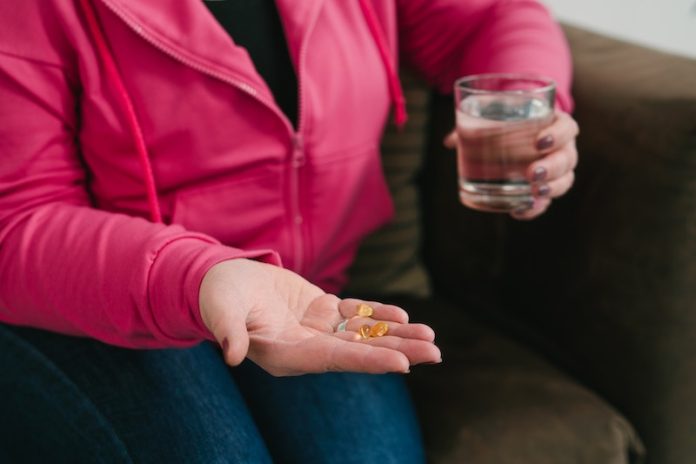
High blood pressure, or hypertension, is a health condition many people in America have.
It means your blood pushes against your artery walls with too much force. Half of all Americans have high blood pressure and some don’t even know it.
When your doctor tells you your blood pressure, they mention two numbers: systolic and diastolic pressure.
Systolic pressure is the force when your heart pumps blood out. Diastolic pressure is the force when your heart is resting between beats.
A Surprising Discovery
A recent study from Yeshiva University found something surprising. Some drugs that doctors give to lower blood pressure can actually make it go up in some patients.
The team thinks there’s a way to avoid this problem. They suggest doctors can use a special blood test that checks the levels of an enzyme called renin. This test is becoming more common these days.
In the study, the team checked 945 patients. All these patients had high systolic blood pressure, which is the top number in a blood pressure reading. They had never taken high blood pressure medicine before.
The patients were given one of four kinds of blood pressure medicine. These included diuretics, calcium channel blockers, beta-blockers, or ACE inhibitors.
The researchers measured the patient’s blood pressure and renin levels before and after the treatment. They found out that renin levels could predict how well a patient would react to the medicine.
The renin test could also tell which patients were likely to experience a big increase in their blood pressure after taking the medicine. This is called a “pressor response”.
About 7.7% of the patients had a pressure response. This happened most often in patients with low renin levels who took beta blockers or ACE inhibitors.
The Importance of Matching Medicine to Renin Levels
The researchers believe the mismatch between a patient’s renin status and the type of drug given causes the increase in blood pressure. They think the renin test can help doctors choose the right medicine for each patient.
This approach might be especially helpful for patients who are starting blood pressure medicine for the first time. It can also help patients who are taking many blood pressure medicines but might do just as well with fewer.
This vital study was conducted by Michael Alderman and his team. It was published in the American Journal of Hypertension.
If you care about blood pressure, please read studies about cannabis linked to blood pressure reduction in older people, and this common plant nutrient could help reduce high blood pressure.
For more information about blood pressure, please see recent studies that beetroot juice could help lower high blood pressure, and results showing vitamin D could improve blood pressure in people with diabetes.
Copyright © 2023 Knowridge Science Report. All rights reserved.



